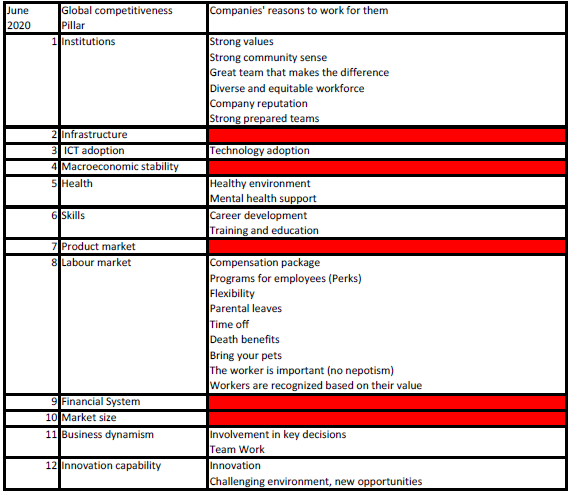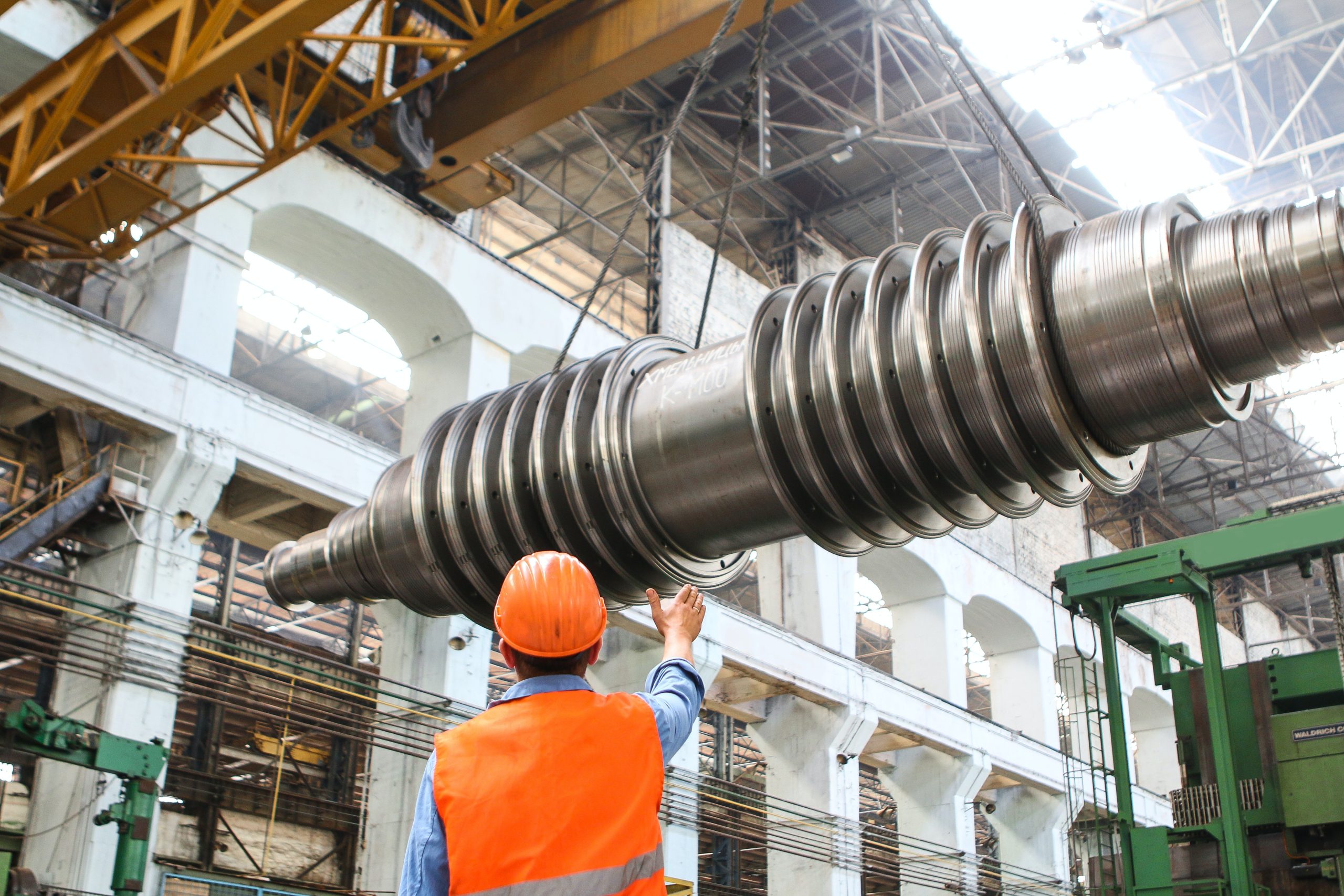Companies, large and small, need workers and strive among them to get the best profiles. It is not a simple competition, mainly when they want to find the people that will be part of their structure in the long term.
Maybe there is a point in recalling the Latin etymology of the word “company”: com + panis, the persons with whom I split my bread.
Etymology is a “back to basic” way to helps us understand what things meant and still mean. In this case, it is crystal clear that a company should be more than a place where some people meet. A Company is a group of persons that share resources now for a future together. Maybe centuries ago, it was just about survival (bread), but in the 21st century in Western societies, it is a project in which all parties expect to achieve goals and obtain benefits.
The scope of hiring and maintaining the best possible staff is, and will remain, at the core of many companies’ expectations.
Companies want to grow their wealth, and many want to do it at the time they improve their social and environmental conditions. If this rings a bell to you, then you are right: this is the definition of Competitiveness by the WEF.
If companies have the same goals that countries have and we can measure the Competitiveness of countries under the 12 pillars of the WEF Global Competitiveness Report, can we then measure the Competitiveness of companies under a similar frame of parameters? Probably yes, with small adaptations, but yes, the logic is the same.
In search of talent, companies inform about themselves in their webpages and articles that they promote online, displaying how companies see themselves or at least how they would like to be seen. They all reflect a highly positive view on their organization and the advantages that candidates have for joining.
I have taken four of these announcements or articles. I googled “10 reasons to work for a company”. I quickly found links for great firms such as Google, Deloitte Canada, Blue Cross Canada and an entry called “10 convincing reasons to work for a small company”. I noted them and classified them under the same pillars that the WEF uses for their report. All of them found their place.

Four companies is not a large sample, and I will perform this report with more firms shortly. Still, this exercise was significant to me because they all seemed to focus on the same issues, and mainly in two areas: the strength of the company (Institution) and the advantages for employees (Labour market). This last pillar is the star. It reminds me of the guy who dies, and God tells him “I let you choose where to go, Heaven or Hell. Before choosing you can spend one day in each. In Heaven, he spent his day dressed as an angel with lira in his hands, jumping from cloud to cloud. Boring. In Hell he met all his friends in a great feast, plenty of food and drinks and carnal sins, all presided by a smiling devil. So, what did you decide? – asked God. Well, Heaven is very quiet, and Hell much fun. I choose Hell. The next day, when he entered Hell, no trace of friends, food, drinks or sex, just fire and toil. The poor, dammed soul asked the devil what happened? Where are my friends and all the pleasures promised? To which the devil responds- that was the recruitment interview, this is reality”.
I was a little disappointed to see that areas such as Research & Development (Innovation capability), on-going training (Skills), Health, Company culture (Business dynamism) and Technology (ICT adoption) deserved less attention. Are they not so important? Sure they are. At least these areas were somehow “mentioned”. The remaining pillars, (Infrastructure, Economic stability, Product market, Financial system and Market size) were not even considered.

The lists limited to a maximum of 10 the number of reasons why. Constrained, all seems to be about the perks that the candidates will get.
Is this approach correct? Are we sure that the candidates are not interested in the economic and financial stability of their company? The COVID-19 pandemic has shown that many firms did not have reserves to resist two or three months without income. No matter how many days off on maternity leave they were proposing their staff; many employees will not have any chance to enjoy them anymore.
We can consider this pandemic a once in a life event. But should we? The world is more and more unstable. Are we sure that we can afford to work for companies who cannot guarantee our salary two months after one improbable, more and more probable, event?
What about their market? Who buys their product? Is their product a market leader? Maybe they count on the fact that everybody knows them, but, is it true? Some companies’ presentations seem to be more orientated towards offering perks than towards putting themselves in value. Is this the right message to pass? I am aware of the effect of benefits in attracting talent, but shouldn’t companies make the employee understand the importance for their career of working there? They only mentioned Reputation once. Is it not a meaningful concept?
It will be fascinating to see how the COVID-19 crisis affects concepts such as infrastructure. I do not believe that company offices will disappear, but a trend such as home office and shared space will gain momentum. Probably the rented surfaces will be smaller. How will the use of home-office be compensated? Is there any message to pass to candidates? Maybe it was not necessary in past times, but it will be in the future.
On the absence of well-trained candidates, companies will want to be, more and more, competitive (the quality of being wanted despite the cost), wanted for what they are, not only for what they give. A disproportionate focus on some pillars and not on the others is an impediment to unfold a company’s potential.





